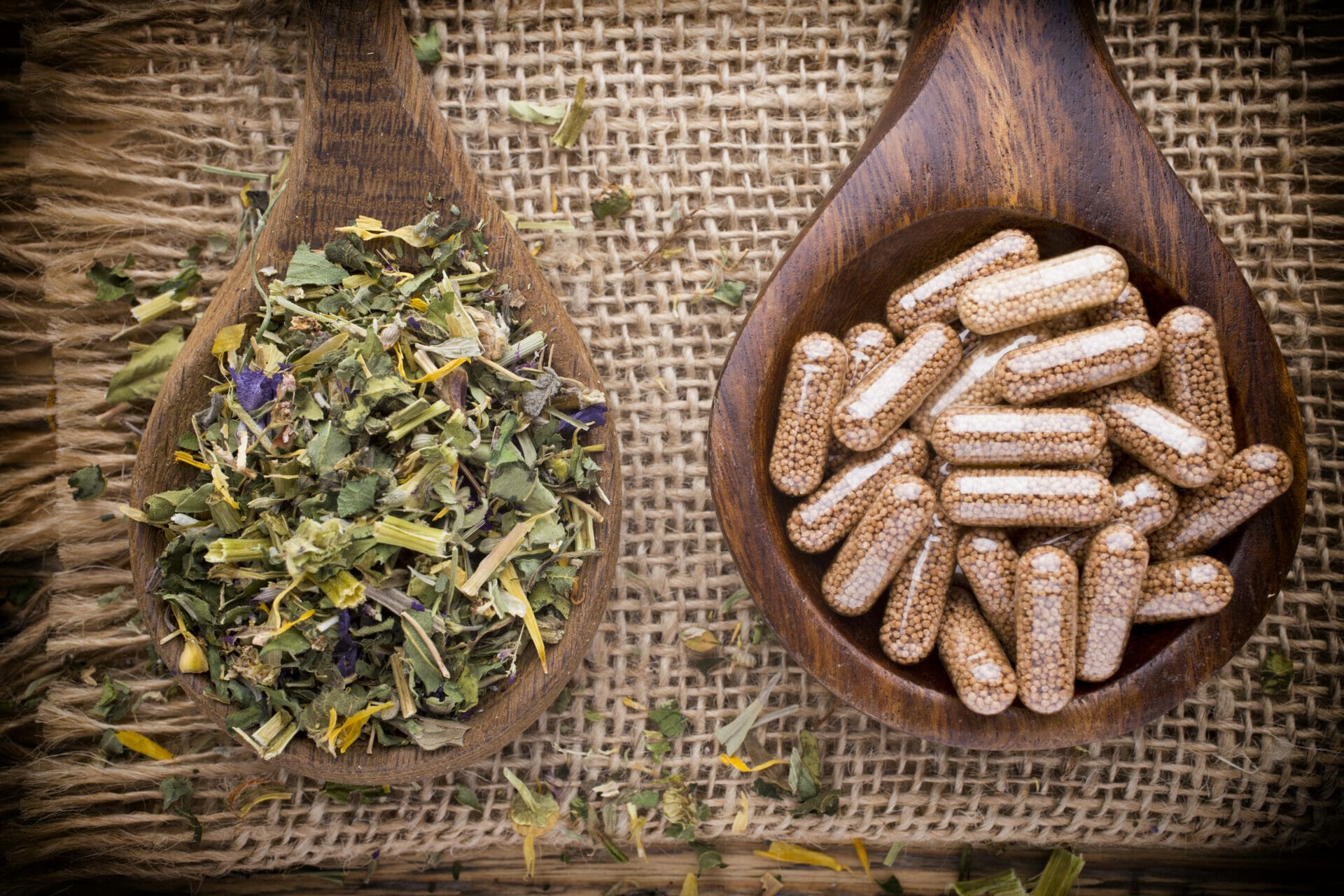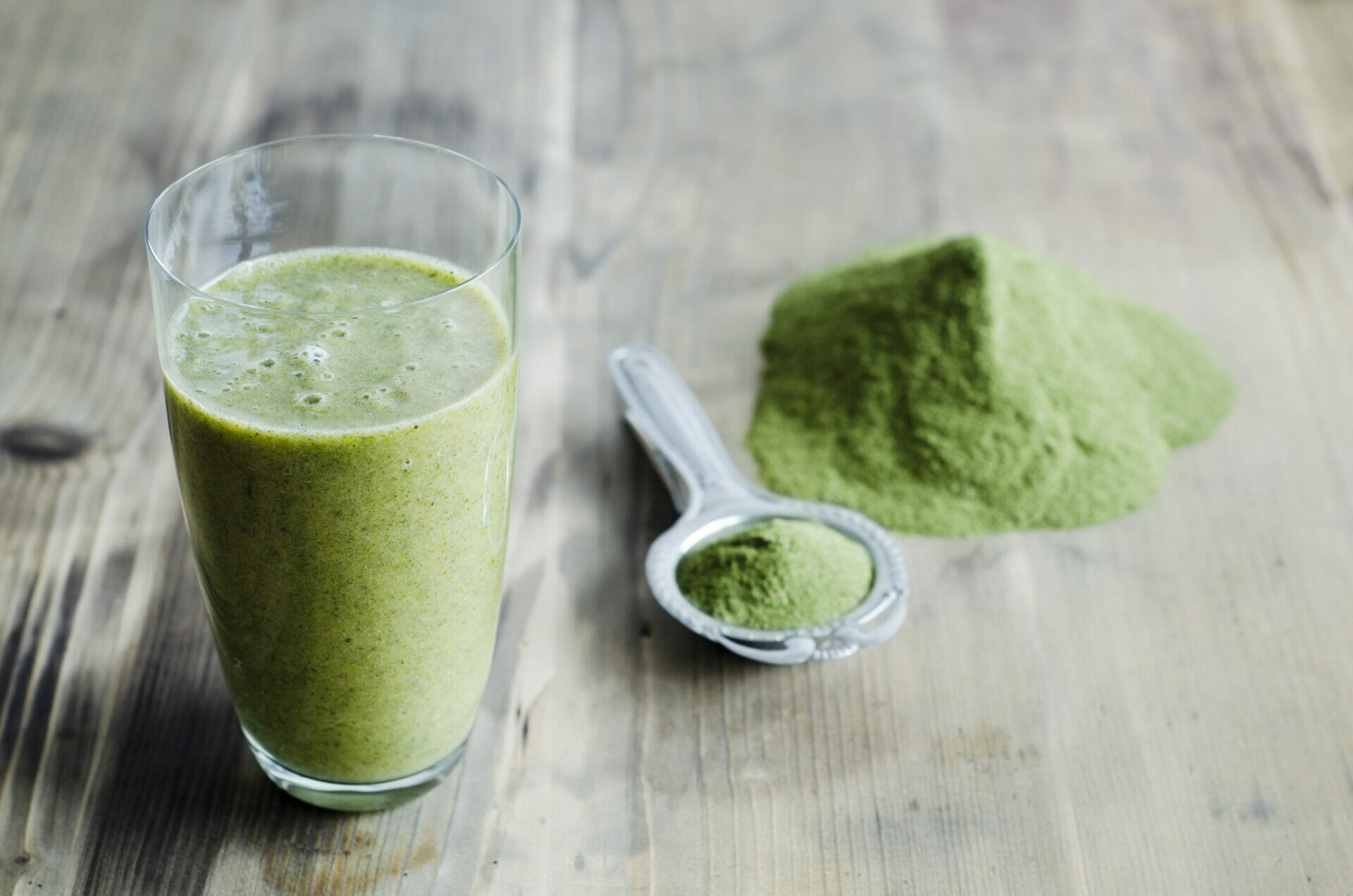Nutraceuticals, health supplements, and traditional medicine in Malaysia
Different definitions of “nutraceutical” exist around the world. Phytochemicals, functional foods, medicinal foods, designer foods, and health supplements are other names for nutraceuticals. The Foundation for Innovation in Medicine’s founder and chairman, Stephen De Felice, came up with the term “nutraceutical,” which is defined as “food, or components of food, that give medical or health advantages, including the prevention and treatment of disease.”
The majority of today’s nutraceutical medicines, particularly those used to treat various ailments, are made from natural materials, particularly plants. This ingredient can be helpful in the treatment of human infection since plants develop secondary substances like alkaloids to protect themselves against infection.

Herbal Industry in Malaysia
In Malaysia, ethnic diversity and traditional medical practices have played a crucial role in the development of nutraceuticals. Traditional Malay, Chinese, and Indian medicines, Islamic medical practice, homeopathy, as well as chiropractic and osteopathic therapies, make up the six main types of traditional medicine used in the nation. These procedures were first used by the forerunners of contemporary practitioners more than 600 years ago.
The nation is also home to some of the oldest rainforests in the world and boasts high biodiversity, making it a treasure trove of more than 2,000 plants with potential therapeutic use. With regard to developing nutraceuticals, Malaysia has a competitive advantage over other countries because to its vast availability of raw materials.
The herbal sector, one of the 2011’s New Key Economic Areas in agriculture, has been designated as a new source of economic growth and is closely tied to nutraceutical products (NKEA). With RM19 billion to RM28 billion in potential GDP contributions by 2027, the sector presents the nation with several interesting opportunities. The rise in natural product registrations serves as an illustration of this. The National Pharmaceutical Regulatory Agency (NPRA) reports that 12,139 units, or more over 50% of all goods filed in 2019, were natural products.
The manufacture of herbal goods such nutraceuticals, dietary supplements, and traditional medicines has become more of a focus for Malaysia’s pharmaceutical business. The attractiveness of the herbal sector as an alternative to conventional medical treatments has grown as a result of the rising cost of contemporary healthcare. This might save healthcare expenses by RM13 billion by 2027, according to the Overview of the National Traditional and Complementary Medicine (T&CM) Blueprint (2018-2027).
To better comprehend the size of the industry’s market potential, China is a prime illustration. By 2023, the market for nutritional supplements in China is projected to reach US$40 billion, expanding at a 14% compound annual growth rate (CAGR). As the world’s largest market for nutritional supplements, China may be able to surpass the USA. The market for nutritional items has been impacted by an increase in health-conscious behaviour, an increase in lifestyle diseases, the country’s expanding per capita GDP, a shift toward preventative healthcare, the use of botanicals for their therapeutic effects, and the expansion of e-commerce.

Supportive Policies and Strategies
A number of policies and initiatives have been devised to promote the national herbal industry in order to boost stakeholder interest and stimulate greater R&D within the local herbal industry. The First and Third Industrial Master Plans, the First and Second Agricultural Policies, the National Agro-Food Policy (NAP), the Science and Technology Policy, the National Biodiversity Policy, the Traditional Medicine and Complementary Policy, and the National Key Economic Areas are some of the strategies that make up this list (NKEA).
A number of prospective businesses have been chosen by the Ministry of Agriculture and Food Industry (MAFI) to conduct high-value herbal R&D and manufacturing. These companies are Bioalpha, Natural Wellness Biotech, Medika Natura, Nova Laboratories, Biotropics Malaysia, and Tenaga Jati Bumi.
Forest Research Institute Malaysia (FRIM) created the Natural Product Quality Control (NPQC) Laboratory for goods quality and safety after realising the significance of the herbal business.
The National Pharmaceutical Regulatory Agency (NPRA) has acknowledged the laboratory as the panel lab for the necessity of product registration. The University of Technology MARA’s launch of the Diploma in Herbal Production is further evidence of the value of the herbal industry’s professional accreditation.
In addition, there is a need for regulation of herbal products that make medicinal or clinical claims. The NPRA has been tasked with ensuring the quality, safety, and efficacy of the medicinal substances and cosmetic goods that have been approved for the Malaysian market. The Guidelines on Natural Goods with Therapeutic Claims will govern herbal products with therapeutic and/or clinical claims beginning on 18 June 2020. These products must be registered with supplementary documentation, such as administrative data and product information, based on research and clinical data, to support the product quality, safety, and efficacy via non-clinical and clinical documents.
Looking Ahead
The Malaysian herbal business has evolved from relying on conventional uses to producing higher-value goods. Two niche markets have been identified, including Halal herbal items and Malay medicine-based products, according to the Boston Consulting Group (BCG) research Realising the T&CM Potential in Malaysia.
Due to its ability to establish itself as the top halal certifier for halal goods in the food, cosmetics, and pharmaceutical industries as well as the distinctiveness of indigenous herbs available for the production of Malaysia-owned IP end-products, Malaysia enjoys a competitive advantage in the global market.
T&CM companies are now able to register herbal goods with high claims by supplying supporting additional documentation and R&D criteria thanks to recent regulatory developments regarding herbal products. Additionally, it is hoped that medical care institutions will research the use of herbal products as an alternative to traditional health care given the rapid growth of the herbal sector in Malaysia.
By concentrating on producing and cultivating herbs that are of high quality and in demand, Malaysia can eventually become the primary global supplier of indigenous herbs of the highest calibre to important T&CM markets in Asia. The industry can advance toward sustainable and lucrative development with ongoing efforts from the public and private sectors.


